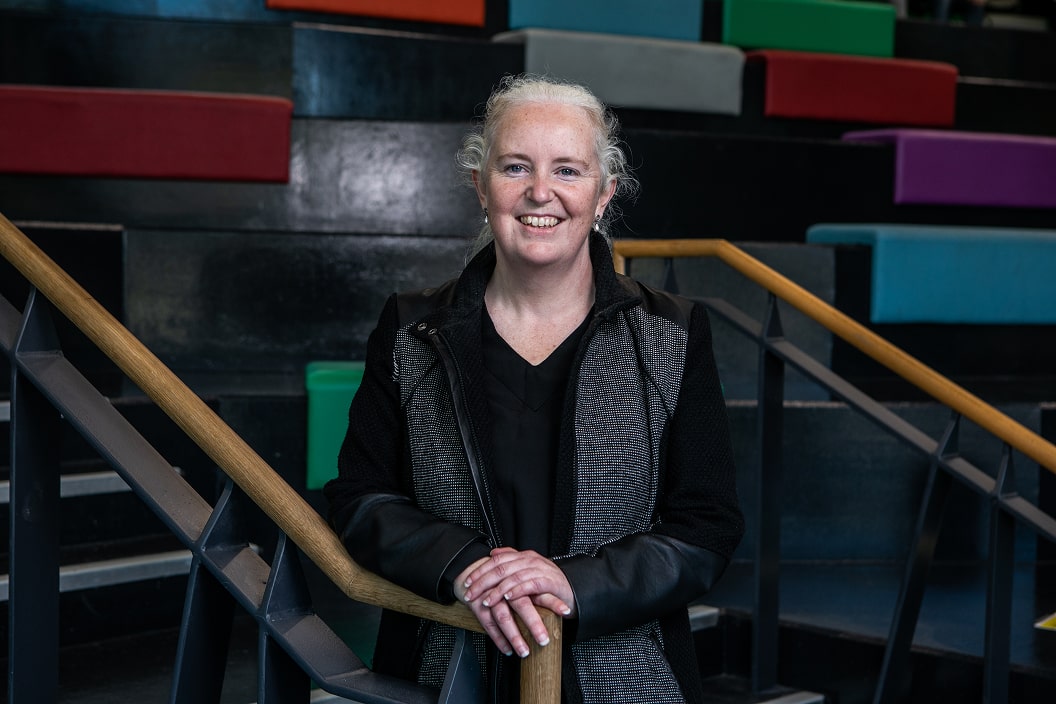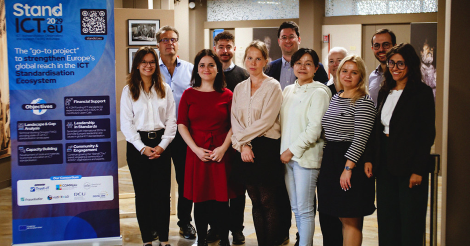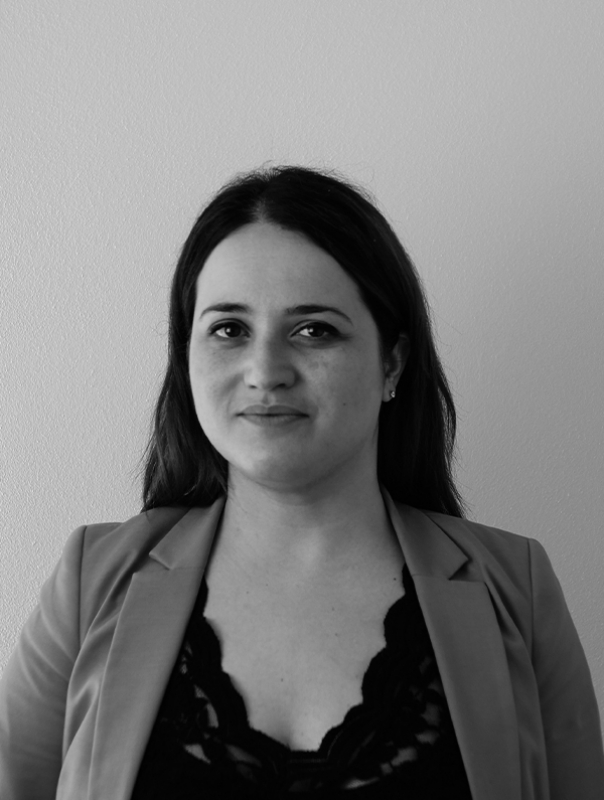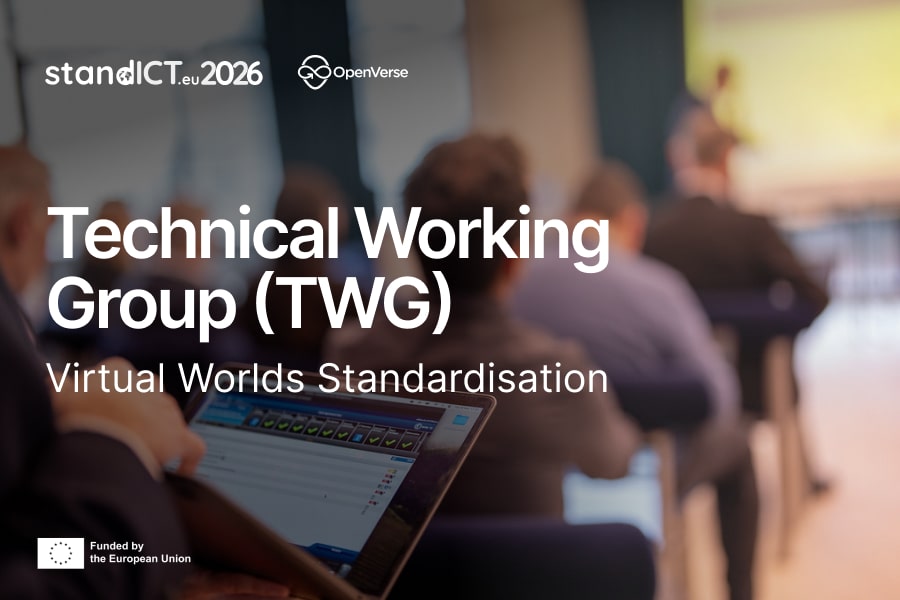Read time: 3 mins
Brussels, 07 April 2021 - StandICT.eu 2023, the ICT Standardisation Observatory and Support Facility in Europe, and OPC Foundation, come together with an MoU with the goal of pointing out the key-role of interoperable Standards in multiple industries and bringing fresh insights to the European ICT Standards community.
StandICT.eu 2023’s mission is twofold: the first objective is to fund European ICT experts through a series of (10) Open Calls to participate in international Standardisation Developing Organisations Working Groups covering wide-ranging topics as defined in the Rolling Plan for ICT Standardisation1 (such as 5G and fixed networks, IoT, Cybersecurity, Data, Cloud Computing, Quantum Technologies, AI, Blockchain, Industry 4.0, ITS/Automating driving, FinTech/Financial Services and eHealth, etc). Furthermore, StandICT.eu has recently released the “EUOS – Observatory for ICT Standardisation”2, an interactive platform that will monitor the global ICT Standardisation landscape, with its ultimate goal to provide to the community of ICT experts the most accurate coverage of relevant and timely ICT Standards.
OPC UA (Unified Architecture) is the interoperability standard for the secure and reliable exchange of data in the industrial automation space and in other industries. It is platform independent and ensures the seamless flow of information among devices from multiple vendors. The OPC Foundation is responsible for the development and maintenance of IEC 62541 standard.
StandICT.eu sees its partnership with OPC Foundation highly beneficial to actively support the discussion in the EUOS, where the project aims to move all actors to open new topics and discussions through this open shared space to enhance Europe’s competitiveness. OPC’s expertise in the Interoperability Standards domain will deliver valuable insights to the standards network by providing StandICT.eu with inputs from their members on appropriate and pertinent gaps, recommendations and priorities (to be taken into account for future Open Calls) as well as with the creation of a dedicated Technical Working Group (TWG) within the EUOS, with a view to produce a tailored “Landscape and Gap Analysis” through the contributions of its esteemed experts.
In this regard, the European Commission has adopted a list of standards and specifications to serve as a basis for encouraging the harmonised provision of electronic communications networks, services and associated facilities. The Framework Directive3 aims at promoting the efficiency of ICT communications networks and sustainable competition, and to ensure the maximum benefits for end-users, national regulatory authorities are required to encourage and, where appropriate, ensure adequate access and interconnection and interoperability of services.
Commenting on the signing of the memorandum, CEO Trust-It and StandICT.eu 2023 Project Coordinator Silvana Muscella said:
“With OPC Foundation’s domain specific networks, we are confident that the applications we receive can address new vertical markets which will mean a variety of applications responding to our Open Calls. So I can see only benefits with OPC Foundation contributing to our technical working groups of the EUOS, which we hope will also feed into the next edition of the ICT Rolling Plan of Standardisation. We thank you Stefan, Thomas Hahn (Vice President of OPC Foundation) & OPC members for this important support”
Stefan Hoppe, OPC Foundation President and Executive Director:
“We are looking forward to our work with StandICT.eu 2023 to expand the knowledge base of Open Interoperability in Industrial verticals. Through the collaboration with StandICT.eu we are confident to share our expertise and making it available to help promote the growth and uptake of of these game-changing technologies.”
Ray Walshe, StandICT.eu 2023 EAG Chair & EUOS Director:
“I am delighted to announce this collaboration with Stefan, Thomas and OPC Foundation family. The OPC ethos of Open Interoperability in Industrial Verticals and Horizontal technologies engages a vast ecosystem of stakeholders driving forward digital innovation and international standardisation”
1 DocsRoom - European Commission (europa.eu)



